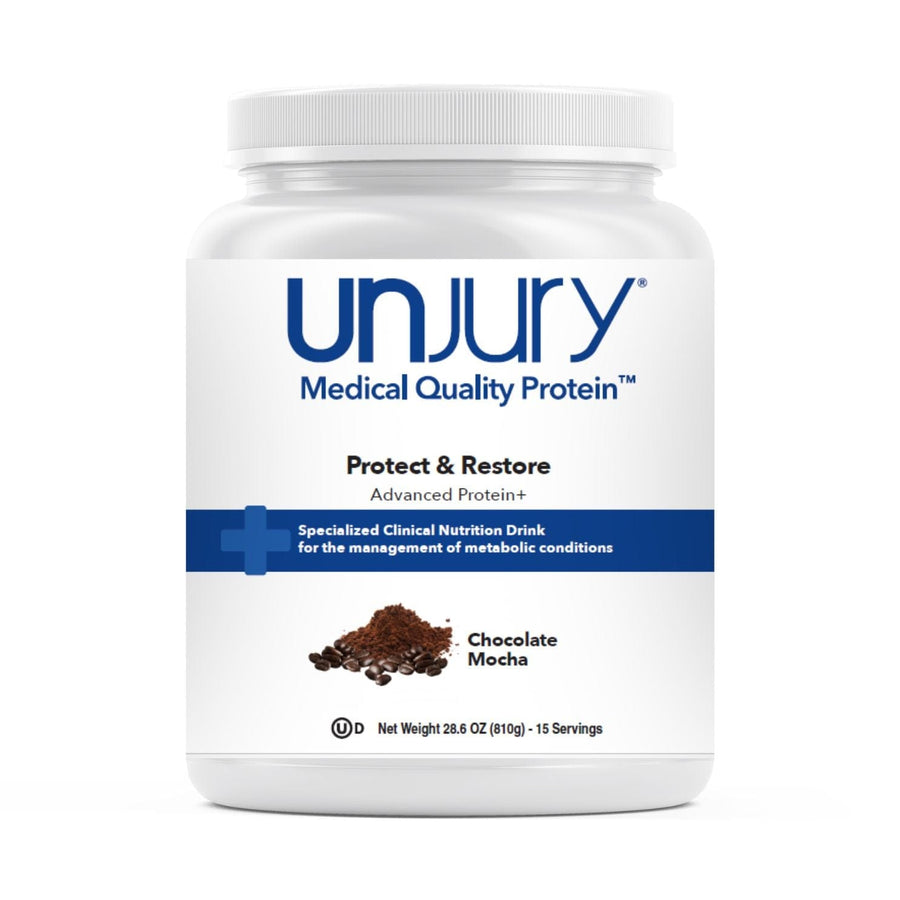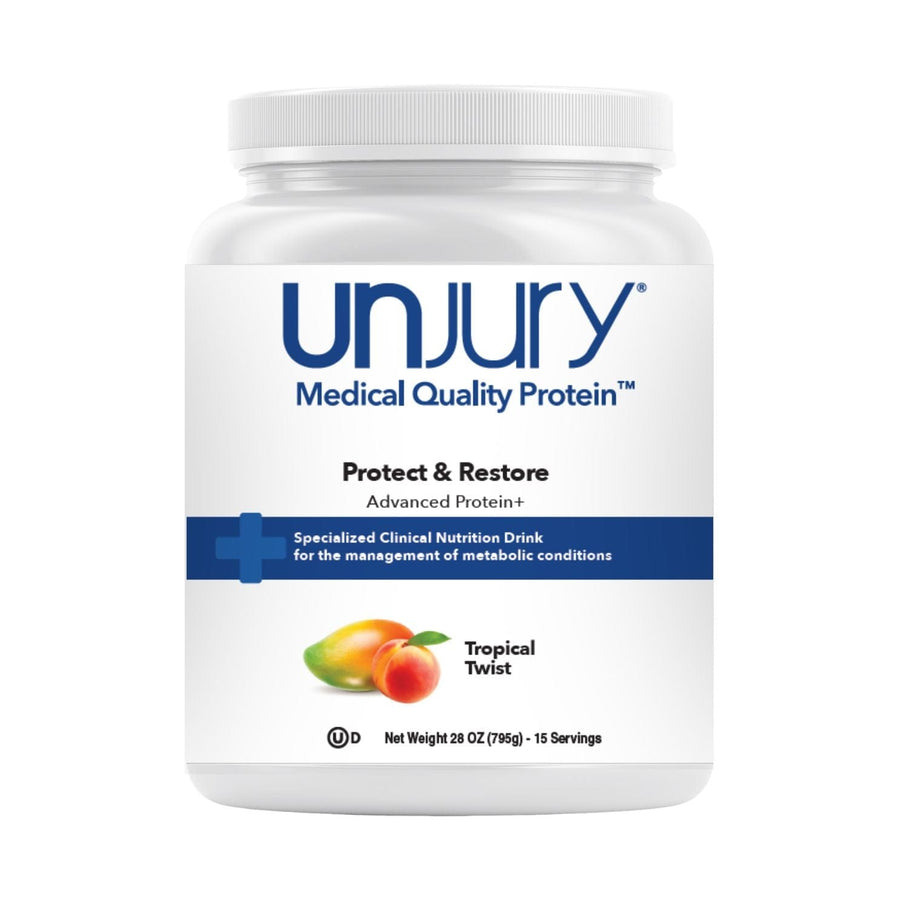GLP-1 RA Medications and Bariatric Surgery
Obesity is a chronic disease that doesn’t have an easy fix. Managing weight and overall health often requires a combination of lifestyle and medical treatments like diet, exercise, medication, or surgery. One of the most effective treatments for obesity is bariatric surgery, which can lead to more weight loss and can even improve conditions like type 2 diabetes better than other methods.
However, bariatric surgery is not a cure for obesity and does not guarantee permanent weight loss. Some people may gain weight back or not lose as much as anticipated. In such cases, new GLP-1 receptor agonist (RA) weight loss medications might be beneficial because weight regain or inadequate weight loss limits the health benefits of surgery.
Previously, if people started regaining weight after surgery, they might try to modify their diet and exercise, and in some cases, they might even qualify for a revisional surgery. Now, new drugs called GLP-1 RAs can offer an additional option to help maintain weight loss after bariatric surgery.
In this blog, we discuss the benefits of integrating GLP-1 RA medications after bariatric surgery and who should be considered for these medications.
What Are GLP-1 RA Drugs and How Do They Help?
GLP-1 RAs are mainly used to treat type 2 diabetes, but they've been found to help people lose weight, too. They work like one of our natural hormones called GLP-1, which your body makes after you eat.
These drugs help you lose weight by making you feel full soon after eating and telling your brain that you're not hungry. Right now, they're the most effective drugs available for weight loss. The FDA has approved Saxenda (liraglutide), Wegovy (semaglutide), and Zepbound (tirzepatide).
When Are GLP-1 RAs Right for People Who Have Already Had Bariatric Surgery?
Even though eating a healthy diet and staying active are important, recent studies show that GLP-1 RA drugs can help prevent weight regain and keep the weight off long-term after surgery.
- Those who didn't lose as much weight as expected after surgery were given liraglutide along with eating less and exercising. They lost about 8% of their body weight in 24 weeks.1
- Individuals who gained back some weight after surgery lost almost 9% of their body weight after six months of taking liraglutide or semaglutide.2
- People who had surgery and started gaining weight again lost about 10-15% of their weight after six months of taking semaglutide or tirzepatide.3
In summary, obesity is a complex disease that requires a variety of tools to manage it long-term. New GLP-1 RA drugs can work alongside bariatric surgery and other lifestyle changes to help people get the best results.
Summary
Remember, maintaining a healthy weight involves more than just dieting.
Eating a diet rich in high-quality protein, staying active, managing stress, and scheduling regular check-ups with your doctor and dietitian are all important aspects of long-term health.
Further GLP-1 Reading
Definition of Sarcopenia: The Role of GLP-1 RAs and Muscle Wasting
Benefits of Bariatric Surgery Plus GLP-1 Medications
References
1. Mok J et al. JAMA Surg. 2023;158(10):1003-1011.
2. Jensen AB et al. Obes Surg. 2023;33(4):1017-1025.
3. Jamal M et al. Obes Surg. 2024;34(4):1324-1332.
This blog is for information and education purposes only. This information is not intended to substitute professional medical advice, diagnosis, or treatment. Please consult with a qualified healthcare provider with any questions in regard to a medical condition. A qualified healthcare professional can best assist you in deciding whether a dietary supplement is suitable based on your individual needs.












